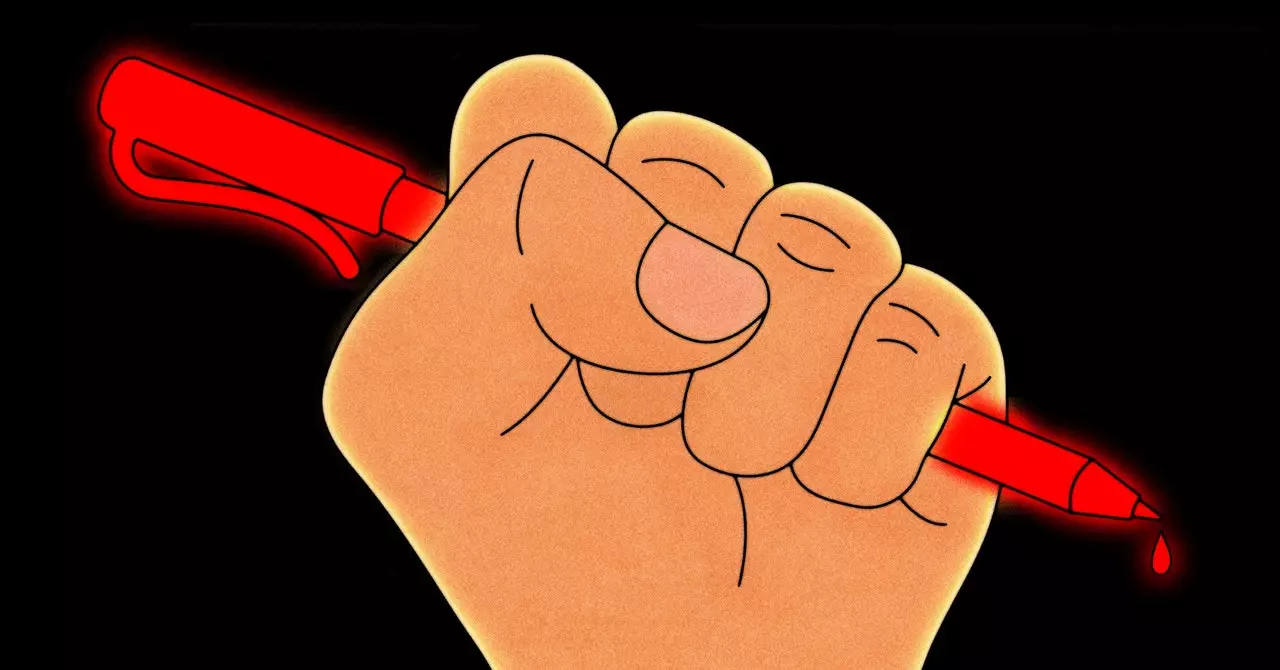The intersection of artificial intelligence (AI) and copyright law has rapidly emerged as a critical arena in the tech world. The legal disputes brewing in U.S. courts hold profound implications for the future of both industries. The initial spark in this escalating conflict came in May 2020, when Thomson Reuters, a powerhouse in media and technology, initiated legal proceedings against Ross Intelligence, a fledgling legal AI startup. The charges against Ross centered on alleged copyright infringement of materials from Westlaw, Thomson Reuters’ legal research platform. While this lawsuit initially drew little attention outside niche legal circles, it has evolved into a foundational case that is emblematic of the broader struggle that is now in full swing between content creators and AI developers.
The Ripple Effects of Thomson Reuters v. Ross Intelligence
The significance of the Thomson Reuters case cannot be overstated. It was not merely an isolated incident; it served as a premonition of an avalanche of legal actions against AI firms. As the pandemic unfolded, with many daily activities ground to a halt, the world of copyright law began to reshape under the weight of emerging technologies. During the past couple of years, the frequency and intensity of copyright lawsuits involving AI companies have surged across the legal landscape. Prominent figures such as Sarah Silverman and Ta-Nehisi Coates, as well as esteemed entities like The New York Times and music titans like Universal Music Group, have thrown their hats in the ring, alleging unauthorized use of their intellectual property for the development of lucrative AI models.
Central to these lawsuits is the contentious doctrine of “fair use.” AI firms contend that their activities fall under fair use, a legal framework that permits the utilization of copyrighted content without permission under certain circumstances—often for purposes such as commentary, criticism, or education. This defense challenges the traditional understanding of copyright law, raising fundamental questions about what constitutes acceptable use of protected works in an era where machine learning models can consume and analyze vast amounts of data.
The ramifications of these cases extend well beyond legal jargon and corporate implications. The outcomes of ongoing lawsuits could either set new precedents for copyright interpretation or hinder the development of AI technologies that rely heavily on diverse datasets. If the courts lean in favor of content creators, it would force AI companies to rethink their operational frameworks and potentially stifle innovation that requires large-scale data usage. Conversely, a ruling that reinforces the fair use doctrine could embolden AI developers to leverage existing copyrighted materials with less concern for legal repercussions.
As numerous lawsuits unfold, a pattern is emerging that sheds light on a larger narrative about the future of content creation. The AI-generated outputs can often mimic or even replicate human-created works, leading to heightened tensions over who owns the rights to new forms of expression and creativity. The lawsuits are not only targeting well-known AI entities like OpenAI, Meta, and Google; they signify a revolutionary shift in content modus operandi that could redefine the very essence of creativity and ownership in a digital age.
Moreover, the legal complexities surrounding these cases force society to confront broader ethical dilemmas. As we plunge deeper into an era where AI technologies permeate our lives, fundamental questions arise: What does it mean for an AI to “create”? Who benefits from an AI-generated work? And, importantly, how do we maintain a balance between innovation and the rights of individual creators?
The confrontation between AI companies and copyright holders is far from settled. With multiple parties engaged in litigation and an ever-growing backlog of cases awaiting resolution, the resolution of these disputes promises to reshape the future landscape of the AI industry. The decisions rendered by the courts will inevitably establish new legal norms and standards that will influence not just the technology sector, but the way we conceive of creativity, ownership, and information in the 21st century. As the world grapples with these new realities, one thing is clear: the dialogue surrounding AI and copyright is just beginning, and its implications will resonate across the entire spectrum of the digital economy.


Leave a Reply